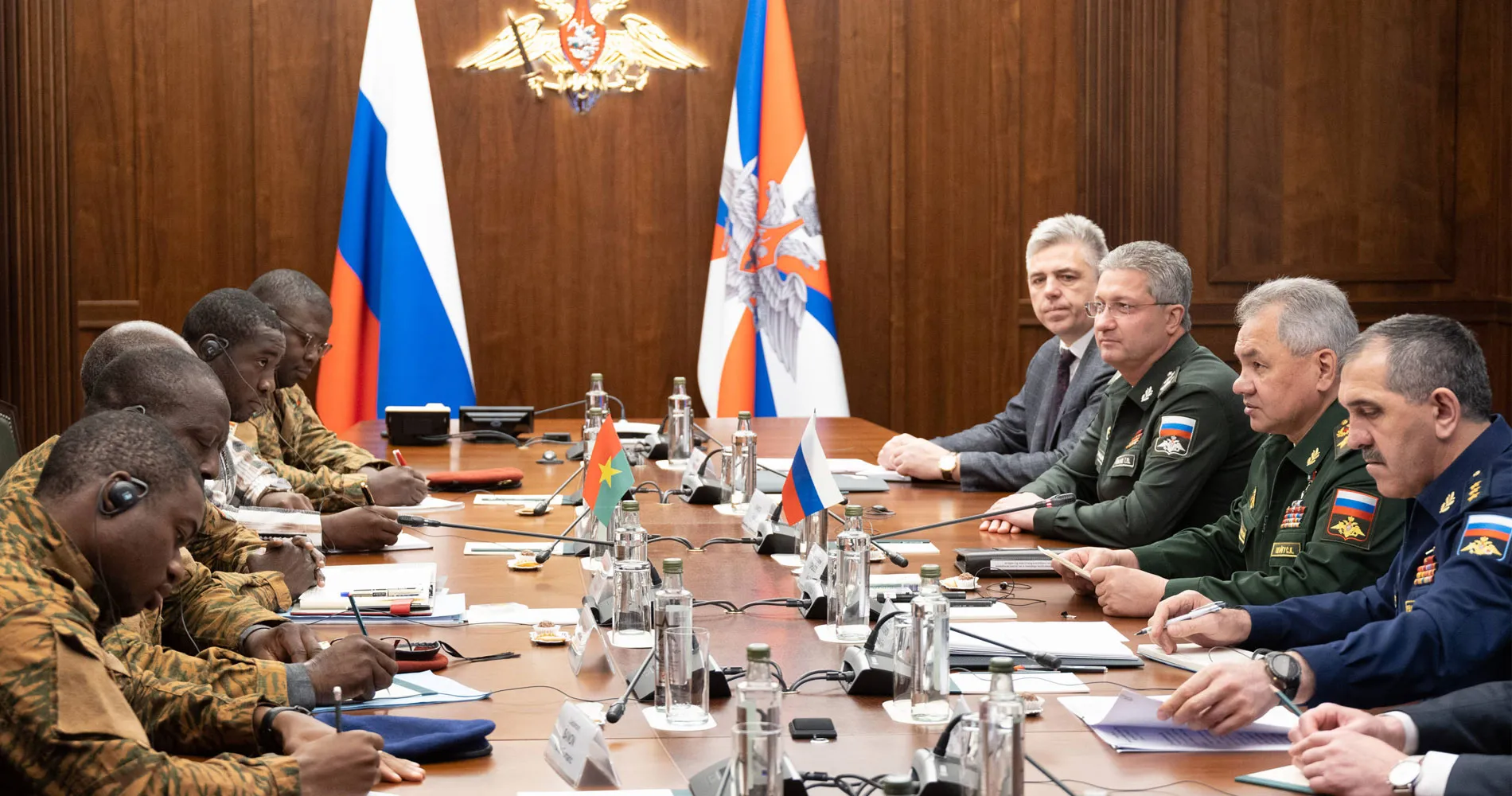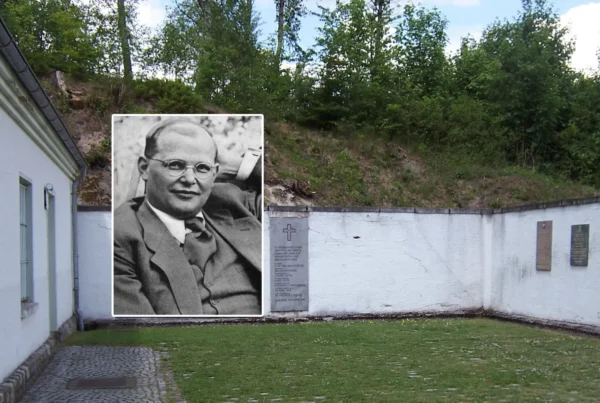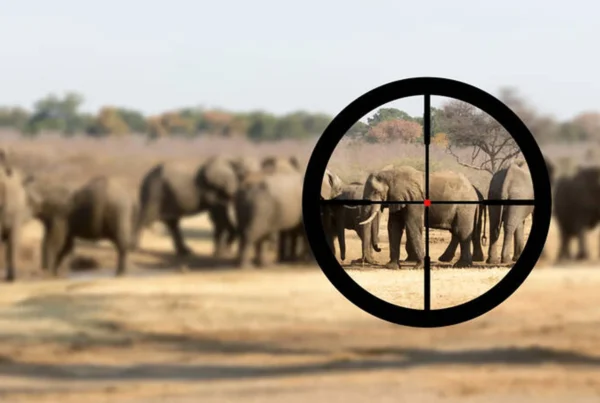Is the power vacuum created by the death of Wagner’s leader forcing Russia to show its geopolitical hand in Africa? If yes, what might be the modus operandi of Africa Corps, Russia’s new security outfit in Africa?
Michael Asiedu
3 June 2024
Arabic version | Chinese version | French version
From 2017, the Wagner Group pursued Russia’s interest in Africa, at least unofficially. However, in August 2023 its leader, Yevgeny Prigozhin, died in a plane crash, leading many to question what would become of his many military inroads and footprints across different countries on the continent.
In response, the Russian defense ministry moved to rebrand Wagner operations by launching a new security arm called Africa Corps. It is envisaged that this new Africa Corps will co-opt Wagner forces who, at the height of their African operations, numbered around 5000.
What made Wagner Group successful in Africa, and what might be the modus operandi of Africa Corps?
Wagner had a multi-pronged approach including the presence of forces in the field (“boots on the ground”), a sophisticated finance network, as well as the deployment of technology. Prigozhin’s “boots on the ground strategy” meant personal visits to various African countries of operation.
Prigozhin’s technological interventions included the Internet Research Agency, used for many disinformation campaigns including flooding African online social platforms to encourage removal of French and Western interventions in the affairs of countries in the Sahel. This was same organization that was sanctioned in 2018 by the US government for meddling in the country’s elections.
Backed by Moscow, Prigozhin employed a sophisticated network of financing to solidify combat successes. He controlled a clandestine network of profitable mining operations, from gold mines in Central African Republic (CAR) to diamond mines in Sudan.
While these factors could explain why Wagner forces made such significant inroads in Africa, the demise of Prigozhin suggests that Africa Corps’ pre-eminent task was to forge a unified front loyal to the Russia defence command. To do this, it would need a new military base. Facilitated by a military agreement signed in Central African Republic (CAR) at the height of Wagner operations, the intention is to build a military base in the southern town of Berengo to accommodate about 10 000 Russian troops. The choice of Berengo is strategic, as it already has an airport and a military base, albeit a somewhat decrepit one.
The CAR President, Faustin Archangé Touadera, also appears to back the move. In an interview with the German news platform DW, Fidele Gouandjika, minister and adviser to President Touadera, said, “we have wished for Russia to increase its presence in CAR to intervene in case there are problems with terrorism or leaders who want to destabilize the regimes in Central Africa”.
Meanwhile, a leading civil rights leader in CAR, Paul-Crescent Beninga, has critiqued the plan as a paradox. He indicated that he was under the impression that CAR had just switched rulers, “we left France only to kowtow to Russia”.
Africa Corps is planned to be deployed initially to five African countries: Burkina Faso, Libya, CAR, Mali and Niger. All are countries that have publicly dissociated themselves from their previous French military arrangements. Rather than exploring other western arrangements, Russia has become the preferred security partner. Already, according to the Russian defense ministry, 100 Russian troops have been deployed to Burkina Faso “to ensure the safety of the country’s leader, Ibrahim Traoré and the Burkinabe people from terrorist attacks”. Nesta Podasse, a close junta associate, indicated that the Russians forces were in Ouagadougou to train Burkinabe troops in handling acquired weapons.
Russia’s deputy defense minister, Yunus-Bek Yevkurov, has begun a charm offensive by assuring African countries that Africa Corps is ready to fill the void left by the Wagner group, and he has already visited Niger, Libya, and Mali. Reciprocal visits of African leaders are also taking place. While Chad had previously taken a pro-western policy, the president of Chad’s military junta, Mahamat Idriss Déby, met with President Vladimir Putin in Moscow in January 2024 to forge new bilateral ties.
Africa Corps’ overall approach might be to pick and choose where Russia stands to benefit most on geopolitical and regional influence in Africa relative to the Western countries. For instance, Russia might pursue a kingmaker role in Sahelian countries such Mali, Burkina Faso, and Libya, with the latter being lucrative because of the proceeds from its oil fields in addition to the guaranteed access for the Russian navy.
The recalibration of Russia’s security operations in Africa signals that it is not isolated, as claimed by the West. Russia’s foreign minister, Sergei Lavrov, has always asserted that Wagner was a private security outfit providing services to African States but had nothing to do with official Russia security operations. The official association of Africa Corps with Russia’s ministry of defence now makes it difficult for Russia to deny military involvement in Africa.







